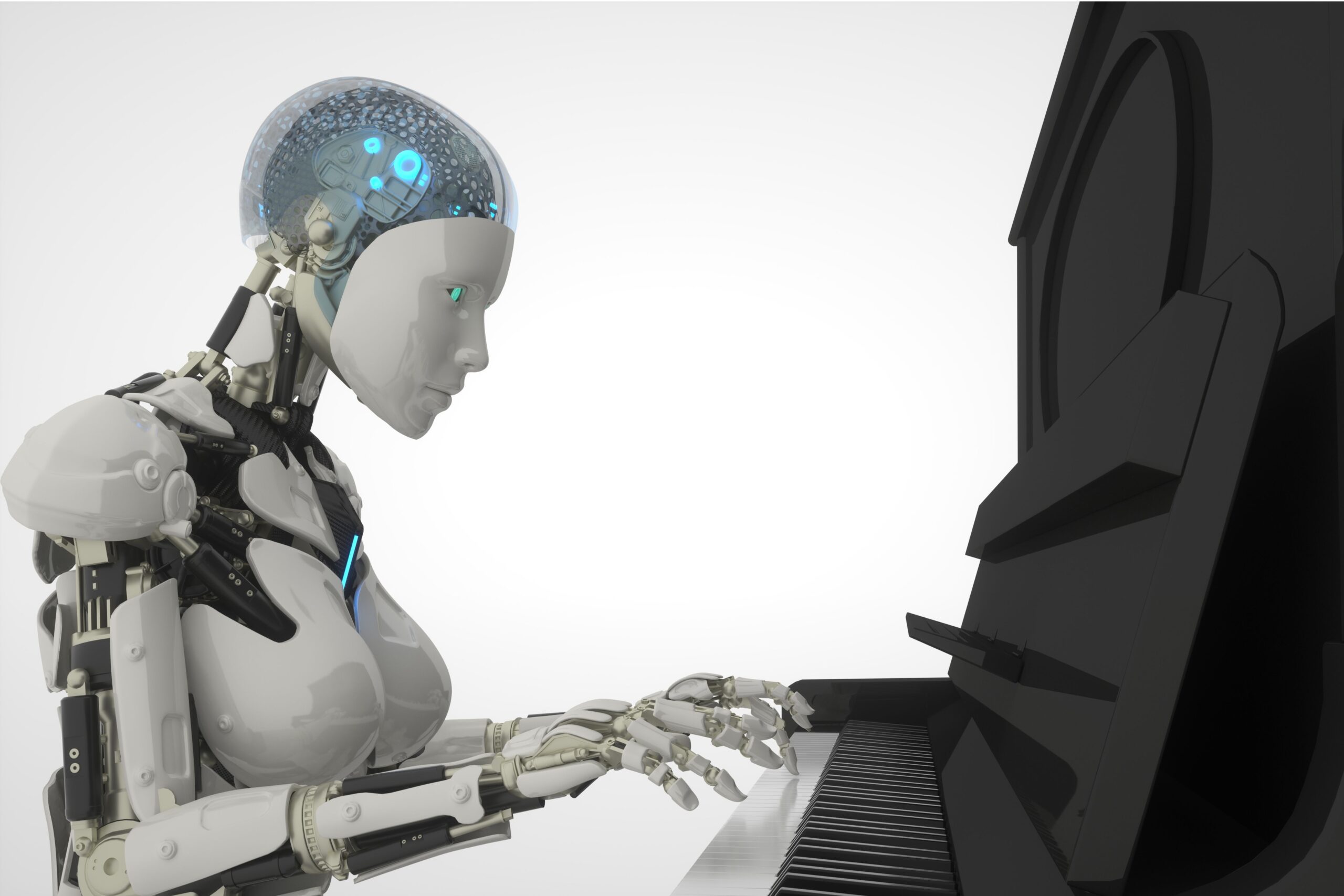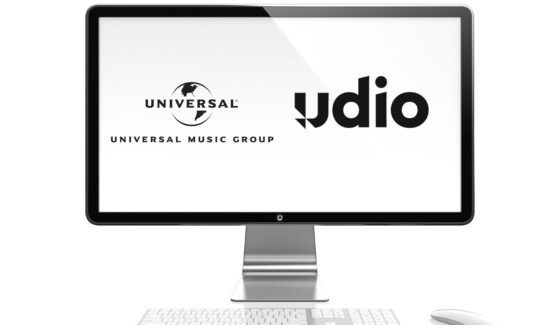AI-Generated Music Now Accounts for 28% of Daily Uploads on Deezer

French music streaming service Deezer has revealed that nearly 28% of all new tracks uploaded to its platform are fully AI-generated, a staggering rise that highlights the growing challenge of artificial intelligence in the music industry.
According to Music Business Worldwide, Deezer now receives over 30,000 AI-generated tracks every single day, up from 20,000 in April and just 10,000 in January 2025, when the platform first launched its proprietary AI detection tool.
READ MORE: John Lennon’s Killer Mark David Chapman Denied Parole for 14th Time
While AI music currently represents only 0.5% of all streams on Deezer, the company says up to 70% of plays for AI-generated tracks are fraudulent—with bots attempting to generate fake royalties. These streams are being filtered out of royalty payments as part of Deezer’s crackdown on streaming fraud.
Deezer estimates that it now receives around 107,000 new tracks daily, aligning with figures from Luminate earlier this year that placed the number of new ISRCs uploaded across platforms at approximately 99,000 per day. The difference, according to MBW, could represent the surge of so-called “AI slop” hitting music services in 2025.
Deezer CEO Alexis Lanternier commented:
“Following a massive increase during the year, AI music now makes up a significant part of the daily track delivery to music streaming and we want to lead the way in minimizing any negative impact for artists and fans alike.”
Since January, Deezer has been removing fully AI-generated tracks from algorithmic recommendations and excluding them from editorial playlists, while also rolling out AI tagging to clearly identify such content for users. The company claims to be the only major streaming service currently tagging 100% AI-generated content and removing it from recommendation systems.
The platform says its patented detection system can identify tracks made by popular AI music models such as Suno and Udio—both of which are currently facing copyright lawsuits from major record labels.
This revelation comes as the music industry grapples with the long-term impact of generative AI. A recent study from CISAC and PMP Strategy, which included Deezer’s participation, projected that nearly 25% of creators’ revenues could be at risk by 2028, potentially amounting to €4 billion in lost earnings.
Deezer has positioned itself as one of the most aggressive DSPs in the fight against low-quality and fraudulent uploads. In 2023, the platform launched an “artist-centric” payment model with Universal Music Group and has since removed over 26 million “useless” tracks as part of its efforts to improve streaming integrity.
As AI music continues to flood streaming platforms, Deezer’s proactive stance could shape how the industry balances innovation, fraud prevention, and fair compensation for artists in the years ahead.









